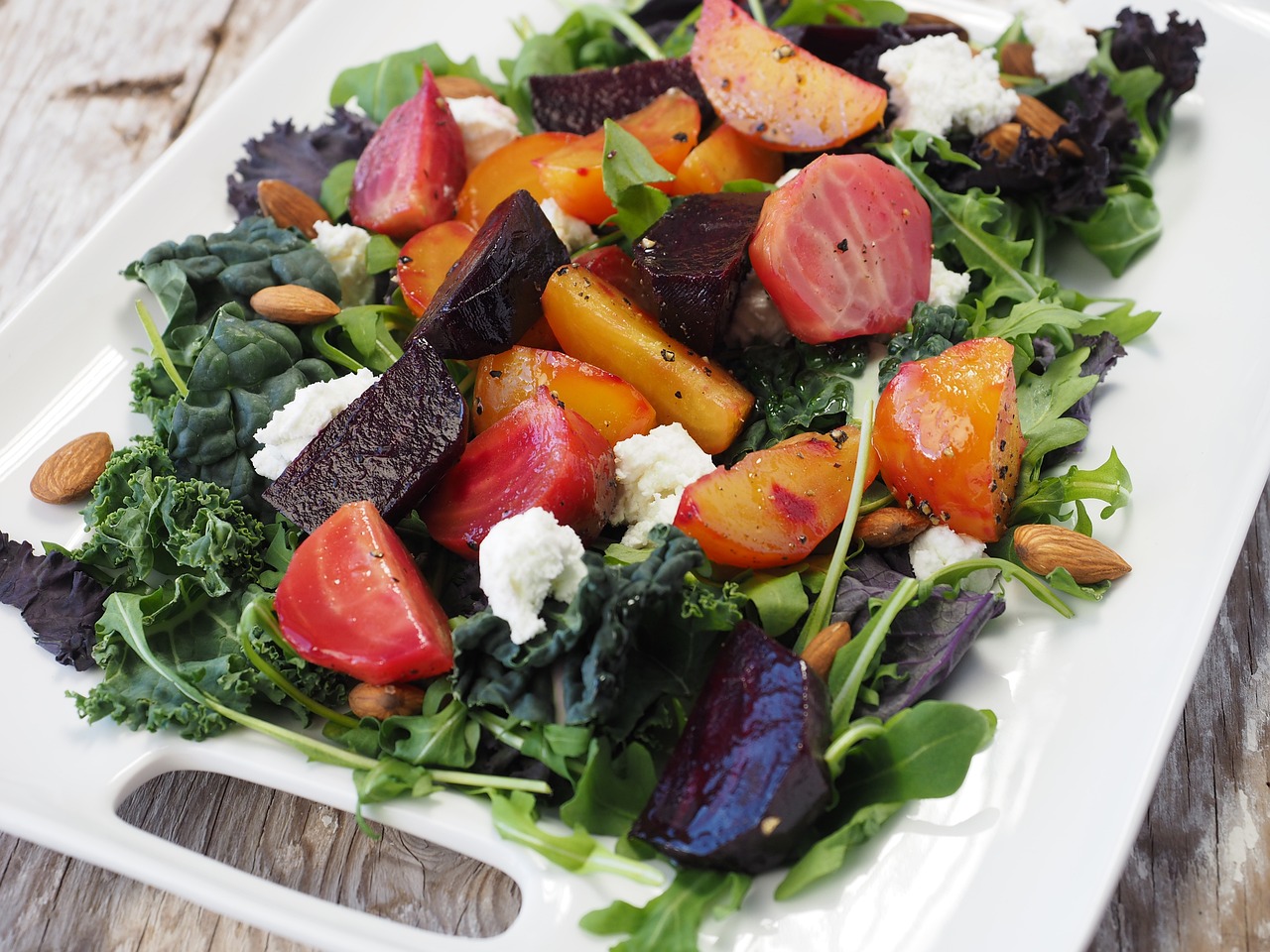“`html
In recent years, the gluten-free diet has gained significant traction, not just among those diagnosed with celiac disease, but also within the general population. Many people have adopted a gluten-free lifestyle for various reasons, ranging from health issues to personal choice. This blog post aims to provide a comprehensive understanding of the gluten-free diet, its benefits, challenges, and practical tips for transitioning to a gluten-free lifestyle.
What is Gluten?
Gluten is a group of proteins primarily found in wheat, barley, and rye. It plays a crucial role in giving dough its elasticity and helps bread rise and maintain its shape. However, for some individuals, gluten can trigger harmful reactions.
Celiac Disease and Gluten Sensitivity
Understanding when to adopt a gluten-free diet is essential. Two primary conditions necessitate such a dietary change:
- Celiac Disease: An autoimmune disorder where ingestion of gluten leads to damage in the small intestine.
- Non-Celiac Gluten Sensitivity: Involves similar symptoms to celiac disease but without the autoimmune response.
Benefits of a Gluten-Free Diet
A gluten-free diet offers several health benefits that can enhance the overall quality of life, particularly for those with gluten-related disorders. Here are some key advantages:
- Improved Gastrointestinal Health: Many individuals report reduced bloating, gas, and diarrhea when eliminating gluten.
- Increased Energy Levels: A gluten-free diet can lead to higher energy levels, especially in those with celiac disease who previously experienced fatigue.
- Enhanced Nutrient Absorption: By healing the intestinal lining, individuals can better absorb essential vitamins and minerals.
Statistical Insights
Research indicates that approximately 1% of the population is affected by celiac disease, while around 6% may suffer from non-celiac gluten sensitivity. Adopting a gluten-free diet can significantly improve symptoms for these individuals.
Transitioning to a Gluten-Free Diet
Making the switch to a gluten-free lifestyle may seem daunting at first, but with careful planning, it can become a manageable change. Here are some essential steps:
- Educate Yourself: Understand which foods contain gluten and familiarize yourself with gluten-free alternatives.
- Read Labels: Many packaged foods contain gluten, so always check labels for hidden ingredients.
- Plan Your Meals: Create a weekly meal plan that focuses on naturally gluten-free foods, such as fruits, vegetables, lean meats, and gluten-free grains like quinoa and rice.
Gluten-Free Food Options
Here are some delicious gluten-free food options to include in your diet:
- Fruits and vegetables (fresh, frozen, or canned without additives)
- Meat and fish (unprocessed)
- Dairy products (check for gluten in flavored varieties)
- Gluten-free grains (rice, quinoa, buckwheat, and gluten-free oats)
- Nuts and seeds
Common Myths About the Gluten-Free Diet
Despite its popularity, many misconceptions surround the gluten-free diet. Here are a few common myths:
- Myth 1: All gluten-free foods are healthy.
- Myth 2: A gluten-free diet is ideal for weight loss.
- Myth 3: Gluten-free products contain more nutrients.
It’s essential to remember that gluten-free does not always equate to healthy. Many gluten-free products are heavily processed and may lack essential nutrients.
Tips for Dining Out and Social Events
Adhering to a gluten-free diet while dining out can be challenging. Here are some tips for managing gluten exposure in social situations:
- Do Your Research: Look for restaurants with gluten-free menus or those known for accommodating dietary restrictions.
- Inform Your Server: Clearly communicate your dietary needs to ensure proper precautions are taken during meal preparation.
- Bring Your Own Food: If possible, bring your own gluten-free snacks or meals to social events.
Conclusion
Transitioning to a gluten-free diet can be a significant lifestyle change, driven by health needs or personal preference. By understanding the nature of gluten, recognizing its effects, and knowing which foods to enjoy or avoid, individuals can navigate this journey with confidence. Remember to consult a healthcare professional before making drastic dietary changes to ensure it is the right choice for you. With the right knowledge and planning, a gluten-free diet can be not only manageable but also enriching and enjoyable.
“`



